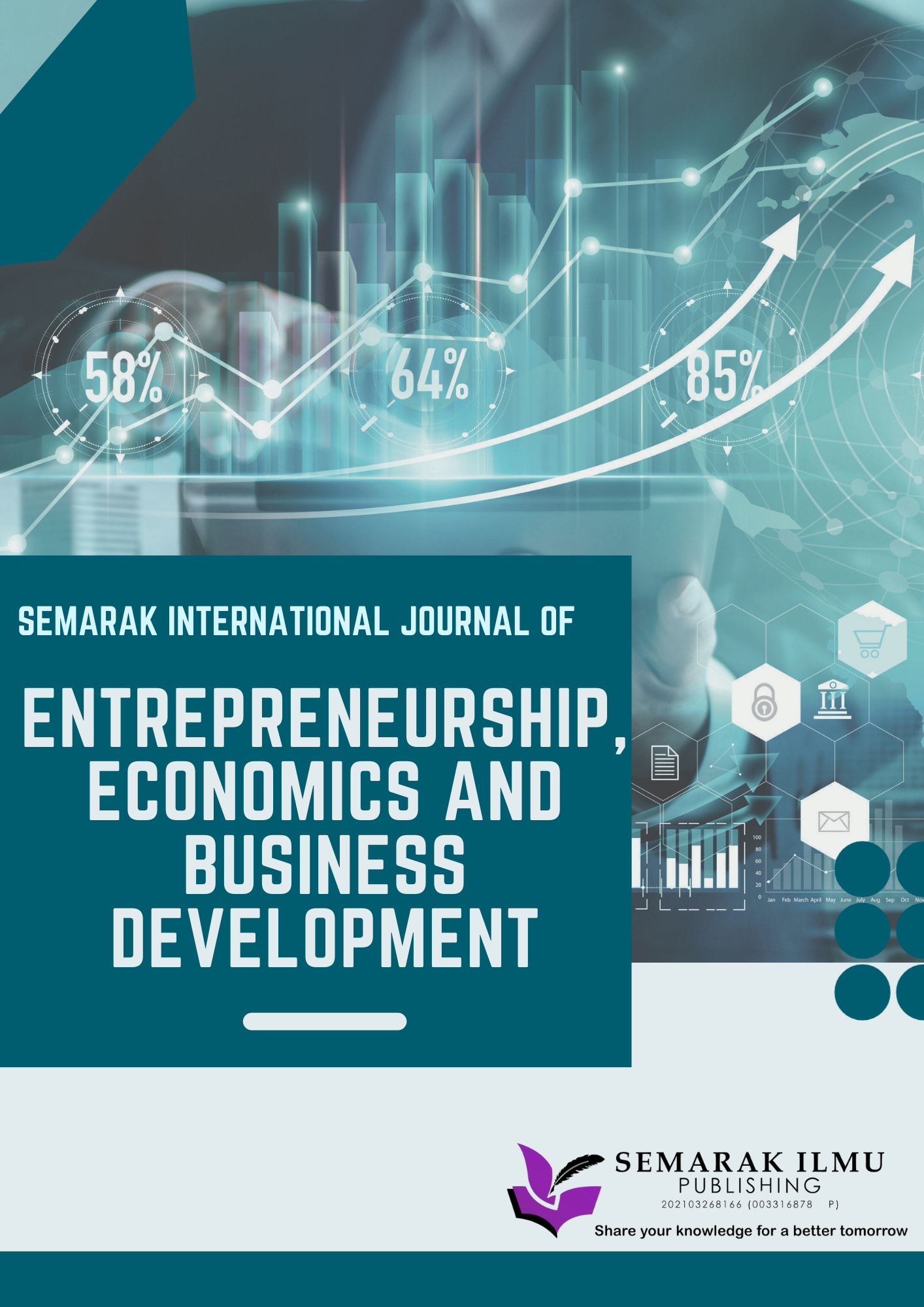Economic Vitality in Transit-Oriented Development: Stakeholder-Driven Framework from Malaysia
DOI:
https://doi.org/10.37934/sijeebd.2.1.619Keywords:
Transit-oriented development, economic indicators, stakeholder perspectives, urban development, Bandar SunwayAbstract
Transit-Oriented Development (TOD) has emerged as a promising solution to address unprecedented global urbanisation challenges in the 21st century. As Malaysia experiences rapid urban growth with over 75% of its population residing in the cities, issues such as urban sprawl, traffic congestion, and economic inefficiencies have become increasingly prevalent. Despite TOD’s recognition as a sustainable urban planning approach, its implementation in Malaysia lacks a comprehensive economic assessment framework, particularly one that considers local contexts and stakeholders’ perspectives. This study develops a robust, context-specific framework for assessing and enhancing the economic vitality of TOD in Bandar Sunway, a rapidly developing township that exemplifies both the challenges and opportunities of implementing TOD in Malaysia. The research employs a qualitative methodology comprising two main phases: first, a systematic literature review using the PRISMA method identifies potential economic indicators and successful TOD elements globally; second, structured interviews with key stakeholders directly involved in TOD projects in Bandar Sunway, provide crucial insights into local implementation, challenges, and opportunities. The research identifies five fundamental dimensions of TOD economic assessment: land use optimisation, density management, transit facility efficiency, value capture, and broader economic attributes. These dimensions form the foundation of a comprehensive framework that enables more informed decision-making in TOD planning and implementation. Quantitative analysis revealed significant economic transformations, including a 42% increase in property values, a 27% reduction in transportation costs, a 35% improvement in commercial activity density, and an 18% increase in employment opportunities near transit corridors. Principal results demonstrate the critical importance of integrating local stakeholder perspectives in developing effective TOD assessment tools. This research contributes significantly to both theoretical understanding and practical implementation of TOD in Malaysia. The resulting framework serves as a valuable decision-support tool for policymakers, urban planners, and developers while aligning with Malaysia’s National Urban Policies and the United Nation’s Sustainable Development Goals (SDGs). The study concludes that successful TOD implementation requires an integrated assessment framework that balances global practices with local economic contexts and stakeholder needs. By placing stakeholder perspectives at the center of the framework development, this research provides a novel approach to ensuring TOD’s economic vitality and long-term sustainability.
Downloads













